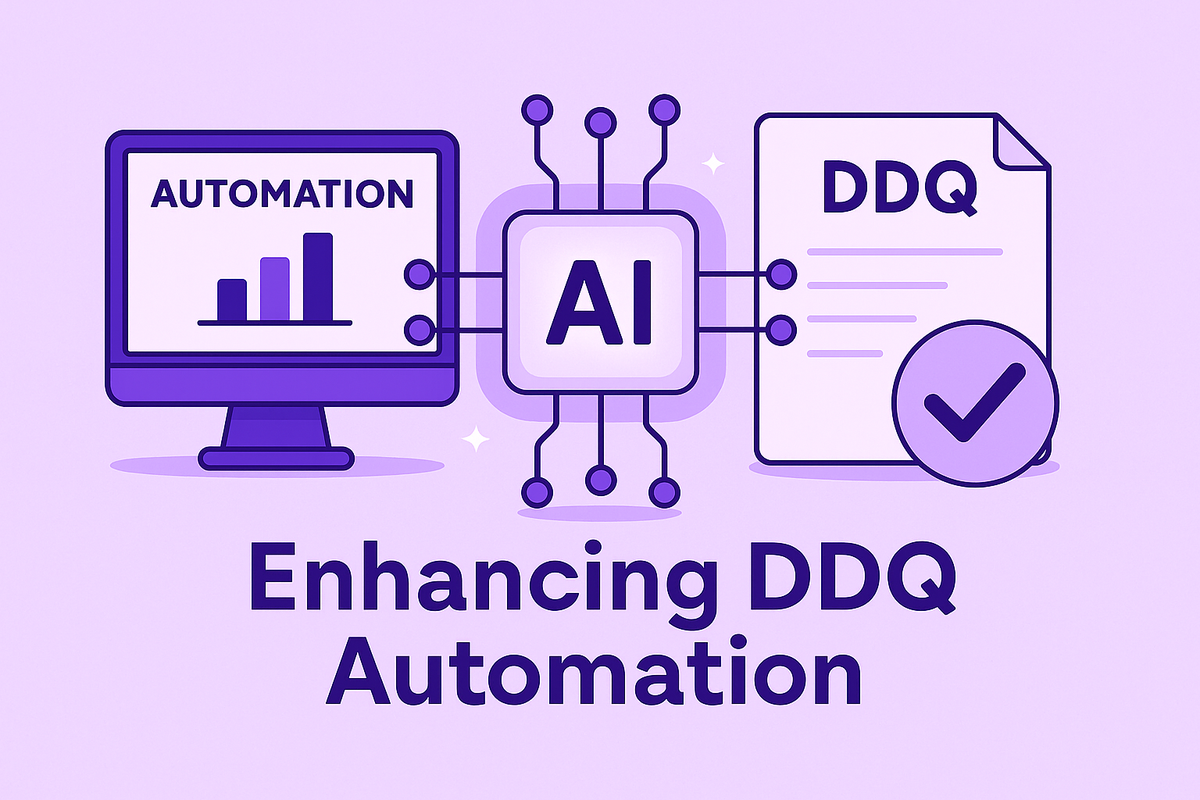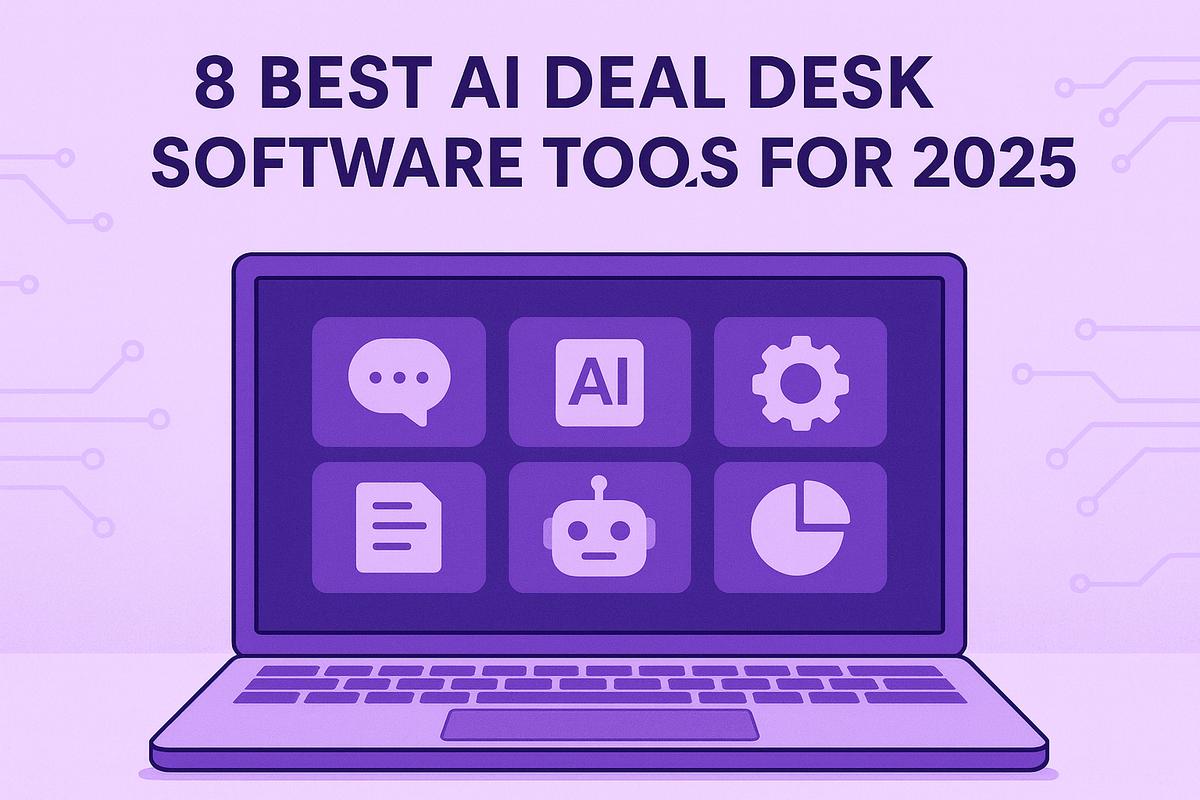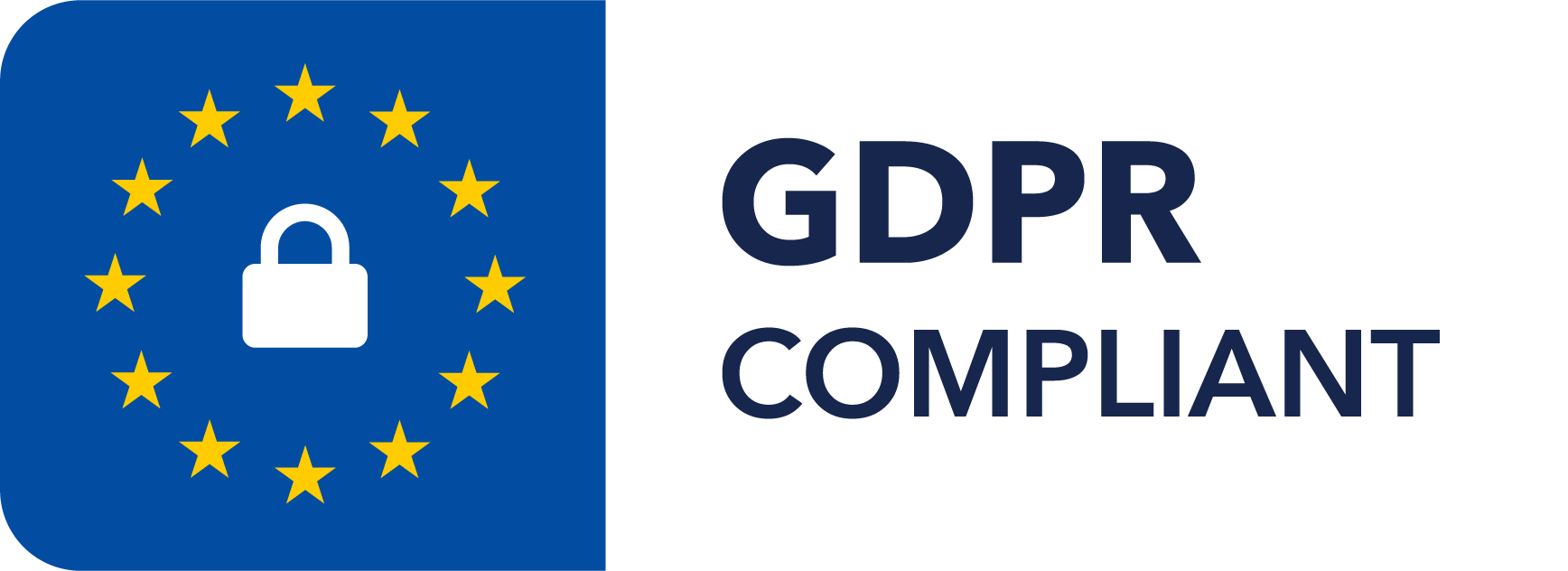Why a Private AI?
May 29, 2023
By
Luna

As more employees at more companies begin to embrace the powers of AI in their day-to-day jobs, more leaders are asking: is proprietary information being shared with a publicly available technology?
With IRIS, your business can enjoy all of the functionality without the security and privacy concerns. How? IRIS is architected for the enterprise: all of your data is stored in a cloud-hosted, private, secure place. In addition, your instance of IRIS adapts to the usage and knowledge of your company over time as you expand the Knowledge Map by uploading new data, and creating new content.
When companies work together to solve a problem such as exploring new offerings or implementing a customer, they are often times creating new Intellectual Property in the form of collateral, processes, or other artifacts. IRIS provides companies a unique place to not only store all of that information, but also make use of it.
Teams can ask questions from a verified source of truth, compose new content, or generate documents based on templates such as proposals or contracts. All of this is done in a place that is safe and secure for the company.
.png.webp)
Currently, IRIS uses Amazon Web Services (AWS) as its cloud hosting provider. This enables IRIS to provide its customers the best-in-class cloud hosting scale and security that AWS offers.
After customers upload content, IRIS parses that content and turns it into what are commonly known as embeddings. Embeddings are mathematical representations of the content, turning dense documents into concise bits of information. Later, embeddings are retrieved and used for other purposes such as generating summaries, presentations, and documents.
Curious about our architecture or want to learn more? Reach out here to schedule time with our team.
Why Data Security Matters in AI-Powered Workflows
As more companies integrate generative AI into their daily operations, data security has become one of the most important — and often overlooked — considerations. While AI tools promise faster workflows and improved productivity, many organizations are beginning to realize that using publicly available platforms can come with hidden risks.
Every day, employees upload sensitive materials such as proposals, contracts, and internal documentation into generative AI systems to draft content or find quick answers. Without strict safeguards, that information can inadvertently enter a shared model or third-party environment, exposing proprietary data and client details. For industries handling regulated or confidential information — like technology, finance, and government — that risk is too high.
That’s where IRIS sets itself apart. IRIS was built specifically for the enterprise, meaning all data is housed within a secure, private cloud environment that never shares or trains on public models. Instead of sending information outside your organization, IRIS keeps your knowledge base safely within your own controlled instance. This allows teams to collaborate, generate content, and retrieve verified answers — all while ensuring that intellectual property stays protected.
By prioritizing data privacy from the start, IRIS empowers companies to fully embrace AI without compromising trust or compliance. The result is a platform that doesn’t just make work faster, but also safer — helping teams innovate confidently in an increasingly AI-driven world.
The Ethical Imperative of Secure AI
As AI becomes embedded in everyday business processes, ethical responsibility is becoming just as critical as innovation. Companies must not only ensure their data remains private but also that the AI systems they use operate transparently and fairly.
Organizations adopting generative AI should evaluate:
- Bias and fairness: How models are trained and whether they unintentionally amplify bias in proposals or hiring materials.
- Transparency: Whether users understand how the AI generates content or recommendations.
- Accountability: Who owns the outcome of AI-generated work, especially when errors occur.
Building AI systems with these principles in mind helps maintain trust among clients, regulators, and internal teams — setting a foundation for sustainable adoption.
Building Organizational Readiness for AI Adoption
For most enterprises, AI success depends less on technology and more on culture. A secure and scalable AI rollout requires clear processes, educated teams, and change management.
Key steps include:
- Start with data hygiene. Before deploying AI, ensure content libraries are accurate, tagged, and compliant.
- Train employees on safe use. Help staff understand what can and cannot be shared with AI systems.
- Establish governance policies. Define who can access, upload, or approve AI-generated content.
- Measure and iterate. Track productivity gains, accuracy improvements, and compliance adherence.
When companies invest in these foundational elements, they reduce security risks and unlock the real value of generative AI — collaboration and speed without chaos.
Final Thoughts
AI is reshaping how organizations create, share, and protect information — but its long-term value depends on how responsibly it’s implemented. As generative AI becomes a core part of business infrastructure, the most successful companies will be those that pair innovation with intention: safeguarding data, prioritizing transparency, and preparing their teams to work alongside intelligent systems. By treating AI as both a strategic and ethical commitment, businesses can unlock its full potential — transforming productivity, strengthening trust, and setting a new standard for secure, intelligent collaboration.
Frequently Asked Questions
1. How can companies safely use generative AI without exposing sensitive data?
The safest approach is to use enterprise-grade AI platforms that operate in private, secure environments rather than public models. These systems store data in controlled cloud instances, preventing it from being shared or used to train external models. Companies should also implement clear internal policies that define what information can be uploaded and who has access to AI-generated outputs.
2. What steps can organizations take to ensure ethical AI adoption?
Ethical AI starts with transparency and accountability. Teams should know how models are trained, where data comes from, and who is responsible for reviewing AI-generated results. Regular audits, bias testing, and clear documentation help maintain fairness and trust. Companies should also communicate openly with stakeholders about how AI is used within their operations.
3. What’s the best way to prepare a business for AI integration?
Successful adoption begins with clean, well-organized data and a strong governance framework. Companies should educate employees on secure AI usage, set approval workflows for generated content, and start with use cases that deliver measurable value — like proposal automation or knowledge management. As teams gain confidence, AI can then scale across departments safely and effectively.
Share this post
Link copied!



















